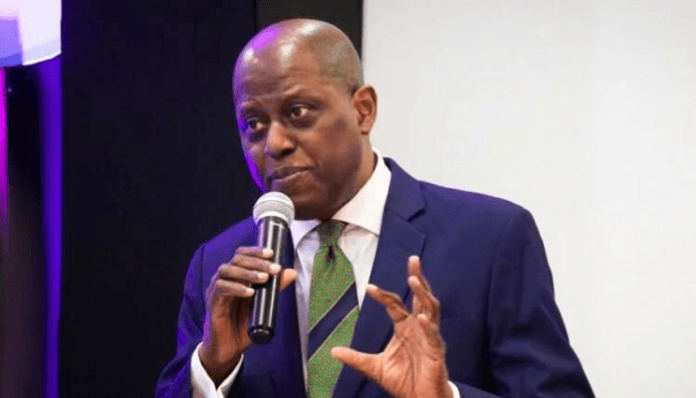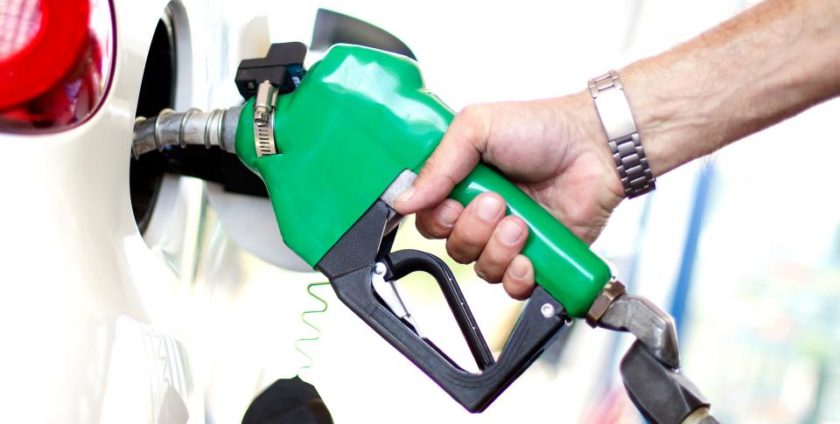Dedollarize The Economy Now
Revelations from the recent Monetary Policy Committee meeting of the Central Bank of Nigeria (CBN) were alarming. CBN Governor, Olayemi Cardoso, announced that $26 billion in untraceable funds had flowed through Binance Nigeria Ltd in the past year.
These findings, in addition to unethical activities in the troubled forex market by banks and some bureau de change (BDCs), as well as the actions of certain individuals manipulating the exchange rate, have hindered the CBN’s efforts to achieve price stability. Nigeria is currently grappling with a severe foreign exchange crisis and is seeking ways to control arbitrage and speculation within the financial ecosystem.
On February 5th 2021, the CBN issued a directive to banks and other financial institutions prohibiting them from dealing in cryptocurrencies and facilitating payment for cryptocurrency exchanges. They also instructed these institutions to identify and close the accounts of individuals or entities involved in cryptocurrency transactions or operating cryptocurrency exchanges. However, the CBN reversed this decision on December 23, 2023, in circular FPR/DIR/PUB/CIR/002/003, signed by Haruna Mustafa, the Director, Financial Policy and Regulation Department.The circular stated that global trends have recognized the need to regulate virtual asset service providers (VASPs), including cryptocurrencies and crypto assets. Consequently, the CBN issued guidelines providing direction to financial institutions within its regulatory purview regarding their banking relationships with VASPs in Nigeria.
Recent revelations from the CBN governor, combined with the indictment of Changpeng Zhao, the CEO of Binance Holdings Limited, and his subsequent guilty plea and agreement to pay a penalty exceeding $4 billion to the United States government, support the CBN’s previous ban on cryptocurrencies.
The Naira has recently reached its lowest-ever exchange rate, hitting N1,900/$1, making it one of the worst-performing currencies worldwide. This is partly due to economic reforms implemented by the current administration, such as the removal of fuel subsidies and the adoption of a harmonized exchange rate.
However, the depreciation of the Naira cannot solely be blamed on Binance Holdings and commercial banks. The primary culprits are actually the Nigerian elite, who have contributed to the devaluation through dollarization and the commodification of our currency. The government itself, its officials, and agencies have also perpetuated this issue.
Some state governors are known to convert their share of the monthly FAAC into foreign currencies, despite the fact that the Naira is the only legal tender in the country according to the CBN Act 2007. The use of foreign currencies, particularly the dollar, has become common not only at events and for paying for services but also for school fees and other local payments.
This behavior continued during the 2023 pre-election campaigns and elections, disregarding the CBN’s cashless policy. The desecration of the Naira at parties, street vending, and the extravagant use of dollars at events and nightclubs has contributed to the devaluation of our currency.
The neglect of economic diversification has resulted in reduced foreign exchange inflow due to a lack of productive activities. The fate of the economy and the abandonment of agricultural products that once made Nigeria prosperous are interconnected. The widespread consumption and preference for foreign imports, despite the availability of local alternatives, have further compounded the Naira’s challenges.
Past administrations have done little to address these economic challenges, and as a result, the lip service paid to diversification has only worsened the situation. Fortunately, the ongoing economic challenges have affected both the privileged and poor individuals.
Recently, Senator Ned Nwoko, a member of the privileged class and a senator of the Federal Republic of Nigeria, publicly advocated for the de-dollarization of the economy. Despite the potential consequences for his political career, Senator Nwoko urged the Nigerian government and the NASS to limit the use of foreign currencies, particularly the dollar, in order to strengthen the Naira. Although the Senator himself faces struggles with the Naira, he nonetheless deserves recognition for his call to action. The hope is that his colleagues and the government will see the merits of his proposal. Allowing the economic challenges to persist will have detrimental effects on the country’s future and may lead to economic disorder. The recent protests in response to hunger and hyperinflation highlight the urgent need to address this issue and follow the Senator’s recommendation.
The efforts of security agencies in apprehending currency traffickers and money launderers deserve commendation. However, it is important to acknowledge that the Central Bank lacks the authority to arrest and prosecute offenders. Hopefully, Senator Ned Nwoko’s advocacy will inspire passion and patriotism among his colleagues in the legislature, executive, and judiciary to support the Central Bank in this challenging battle.
Several African nations have already taken decisive actions to reduce dependence on the dollar. For example, Egypt recently banned the use of the American dollar for international transactions. This global trend towards greater economic and financial autonomy is gaining momentum, with many nations expressing a willingness to pursue this path.
Ademola Oyetunji writes from Ibadan.





